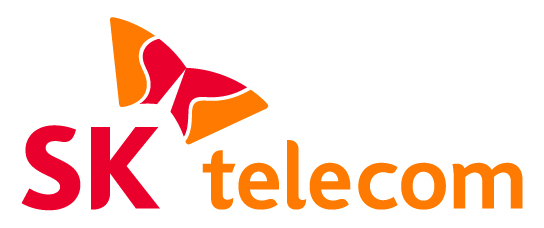During the fourth quarter of the year, SK Telecom added nearly 524,000 5G subscribers
SK Telecom, South Korea’s largest telecom operator, ended Q4 2023 year with a total of 15.67 million subscribers in the 5G segment, up 17% from 13.4 million in the same period the previous year, the carrier said in its earnings statement.
During the fourth quarter of the year, the Korean carrier added nearly 524,000 5G subscribers. At the end of 2023, the operator’s 5G subscribers accounted for 68% of its overall handset subscribers, up from 58% at the end of December 2022.
In the LTE segment, SK Telecom ended the period with 15.07 million subscribers, down from 15.4 million in the previous quarter.
The Korean carrier ended last year with a total of 33.66 million mobile subscribers, up 2.5% year-on-year.
In Q4, SK Telecom’s net profit declined 16.2% year-on-year to KRW 187 billion ($140.3 million), while its revenue rose 3% year-on-year to KRW4.52 trillion.
“SK Telecom expects its AI businesses to achieve revenue growth based on strong AI infrastructure and technology capabilities it has built so far. AI data center, AI enterprise and AI semiconductor are expected to drive the growth of SK Telecom’s AI business by rapidly expanding sales this year with steep growth in market demand,” the telco said.
In September 2023, SK Telecom had announced its vision to become a global AI company and unveiled the AI Pyramid Strategy, under which it will strengthen its own competitiveness to deepen customer relationships while working together with partners throughout the world. The AI Pyramid Strategy focuses on innovating industry, society, and life centered around three key areas including AI Infrastructure, AI Transformation (AIX) and AI Service.
“In the area of AI Infrastructure, SK Telecom plans to secure and enhance infrastructure capabilities that serve as the foundation of an AI company, such as AI data centers, AI semiconductors, and multi-large language models (LLMs). AIX aims to innovate existing fixed and mobile telecommunications, media, and enterprise businesses through AI, and expand the application of AI to UAM and healthcare. Lastly, in the area of AI Service, SK Telecom plans to forge closer relationships with customers through a highly competent personal AI assistant and expand its scale by collaborating with global telecommunications companies,” the Korean telco had said.
“Going forward, based on its knowhow in operating various AI services, SK Telecom plans to expand its presence in the AI service market by simultaneously entering overseas markets in cooperation with members of the Global AI Telco Alliance,” the carrier added.
Last year, South Korea’s ICT ministry canceled a license owned by SK Telecom which had been meant to support 5G services via 28 GHz spectrum, citing a lack of deployment investment by the operator.
SK Telecom had been given the right to use the 28 GHz band in 2018 and was required to install a total of 15,000 units of network equipment by May 2023. However, SK Telecom had only installed only 1,650 units of 28 GHz equipment and had no plans for further installations, according to the Ministry of Science and ICT.

